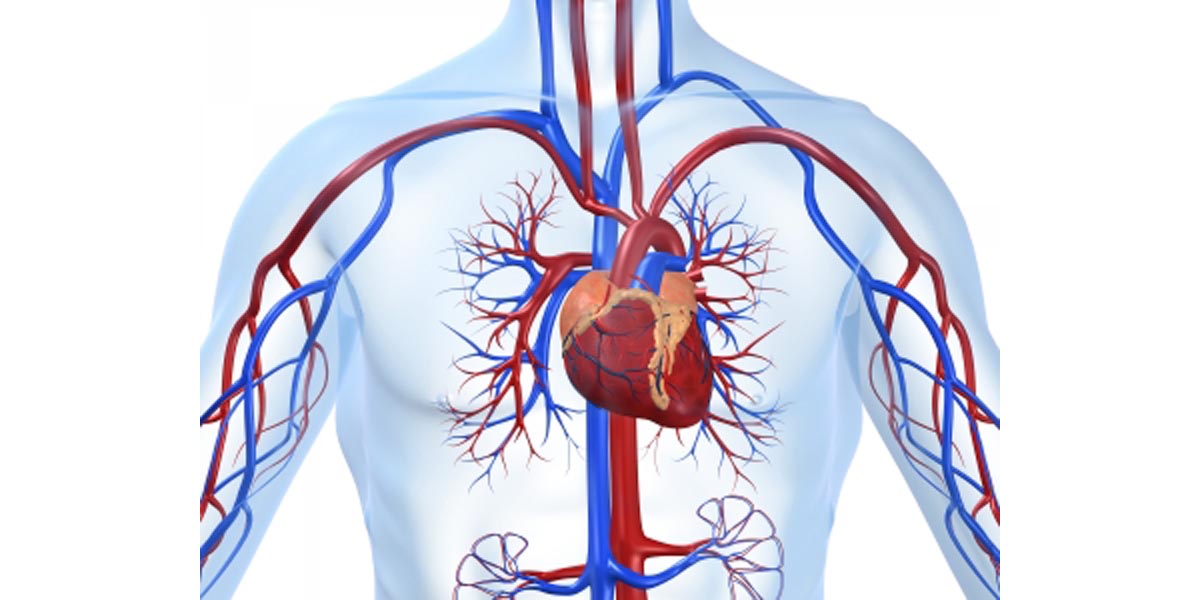Table of Contents
Well, that's all very interesting, but what good does it do to know that there's some hormone made by your fat cells that makes your kidneys work harder by raising your blood pressure? It turns out that there are five things you can do that don't just lower your blood pressure but also lower your weight and help to preserve kidney function.

1. If you work a night shift, try to get on the day shift.
Just about nothing is harder on your overall health than working night shifts, especially night shifts on an irregular schedule. When you don't get at least six uninterrupted hours of sleep at night, your brain doesn't have a chance to make melatonin so it can "sort out" its responses to leptin made by your fat cells.
It never gets to process the "OK, we're full, you don't need to eat any more right now" message from your belly fat. It doesn't get to override the message to your kidneys that they need to work overtime to filter urea and amino acids out of your blood. And your heart has to beat harder and faster to keep blood going to your kidneys so they can filter it.
It's more important to get nighttime rest, in many cases, than it is to lose weight. If you work the night shift, try to do something about that.
2. A couple days a week, make a point of eating less, even if you feel a need to eat high-calorie foods later.
There is growing evidence that the human body was made for periodic food deprivation. Yes, that means that we actually "run better" when we eat lightly about two days a week.
If you have one or two days a week in which you skip a meal or you just eat a healthy snack instead of a full meal, your fat cells make less leptin, so your blood pressure goes down and your kidneys have a chance to recover from the extra stress. Intermittent caloric deprivation also helps your fat cells make more adiponectin, which lowers your blood pressure.
Adiponectin also helps your fat cells respond to insulin so your body makes less insulin (and thereby stores less fat), and slows down the process atherosclerosis, which stiffens your arteries so blood pressure goes up.
Don't worry if you overeat after you have fasted for day. A single high-calorie, high-fat meal at the end of a fast or lean-eating day won't cancel out the benefits of caloric restriction. Just be sure you don't overeat at more than one meal after you do a fast or a light-eating day.
3. Take omega-3 essential fatty acids.
At least in laboratory tests with mice, the omega-3 essential fatty acids DHA (docosahexaenoic acid) and EPA (eicosapentaenoic acid) reduce the production of adiponectin.
A dose of just 1,000 mg of DHA + EPA (for this purpose, the proportion of DHA and EPA is not critical) is enough to do some good, and costs just pennies per day. Both fish oil and microalgae oils provide DHA and EPA in a form the body can use right away; flaxseed oil has to be "processed" by the cells to produce the omega-3 essential fatty acids that lower blood pressure.
Even if you take these three steps toward taking control of your blood pressure, you may still need medication to treat your hypertension. We don't ever recommend anyone fail to follow a physician's guidance, and getting control over your blood pressure is the top priority after you have been diagnosed with hypertension. But these three steps may be exactly what is needed in borderline cases of high blood pressure for which your doctor recommends lifestyle changes you may already have made, or they may be what you need to avoid having to take more medication on a long-term basis. And even if you don't need blood pressure drugs at all, these three steps will help you maintain normal weight and keep your kidneys healthier.
- Grassi G, Dell'Oro R, Facchini A, Quarti Trevano F, Bolla GB, Mancia G. Effect of central and peripheral body fat distribution on sympathetic and baroreflex function in obese normotensives. J Hypertens. 2004 Dec. 22(12):2363-9.
- Tesauro M, Mascali A, Franzese O, Cipriani S, Cardillo C, Di Daniele N. Chronic kidney disease, obesity, and hypertension: the role of leptin and adiponectin. Int J Hypertens. 2012. 2012:943605. doi: 10.1155/2012/943605. Epub 2012 Dec 23.
- Photo courtesy of jasleen_kaur on Flickr: www.flickr.com/photos/jasleen_kaur/4388052026


Your thoughts on this